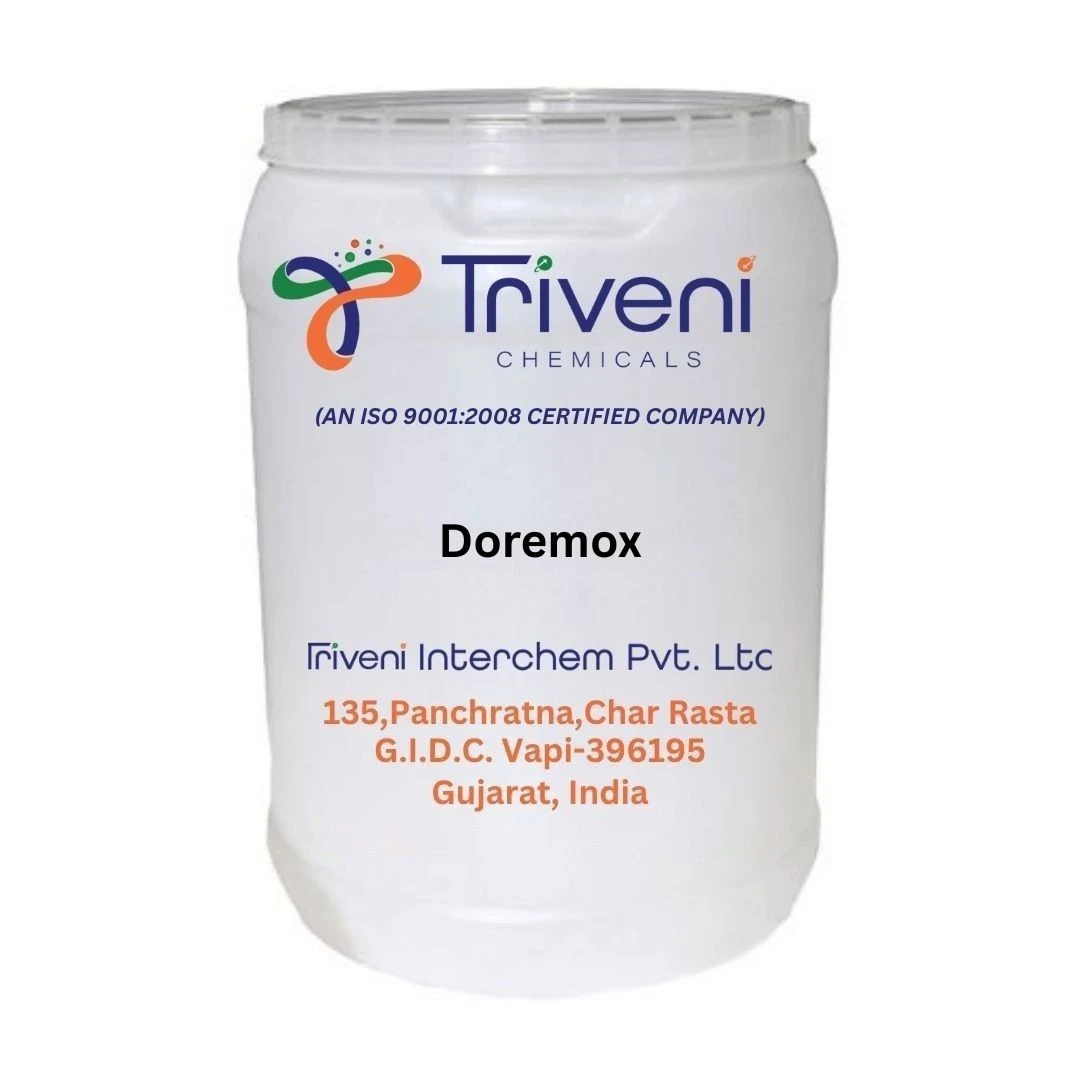When it comes to lubrication technology, synthetic oil is the best option available because it has several benefits over traditional mineral oils. Synthetic oils are created using sophisticated chemical processes and are intended to perform better than their conventional counterparts in a number of areas that are vital to engine..
When it comes to lubrication technology, synthetic oil is the best option available because it has several benefits over traditional mineral oils. Synthetic oils are created using sophisticated chemical processes and are intended to perform better than their conventional counterparts in a number of areas that are vital to engine longevity and performance.The increased resistance of synthetic oils to breakdown at high temperatures is one of their main advantages. During regular operation, engine components are subjected to intense heat, which can lead to the degradation and loss of viscosity in standard oils. But even in the hottest temperatures, synthetic oils hold onto their viscosity and stability, providing the best possible lubrication and protection for engine parts. Moreover, synthetic oils function exceptionally well in frigid temperatures. When compared to mineral oils, they flow more readily at low temperatures, which lessens engine wear during cold starts and improves startup dependability overall. This feature is especially helpful in colder areas, where traditional oils might not be able to lubricate surfaces sufficiently until they warm up. Moreover, synthetic oils improve fuel efficiency. Though only somewhat, their engine's decreased frictional losses result in better mileage. The higher initial cost of synthetic oils relative to mineral oils can be compensated over time and with consistent use by the fuel cost reductions. Synthetic oils have a lot to offer in terms of engine cleaning. They are less contaminated than mineral oils, which lessens the chance of deposits and sludge building up inside the engine. The life of important engine components is extended and less maintenance is needed as a result of this cleaner functioning.Synthetic oils offer superior protection for engines with high performance, large loads, or frequent stop-and-go traffic. Their strong formula guarantees that important engine components, such valve trains, bearings, and pistons, are kept sufficiently lubricated and shielded from wear and strain.In certain ways, synthetic oils are also environmentally beneficial. Compared to conventional oils, their longer lifespan and lower resource use (from fewer frequent oil changes) result in a lower overall environmental effect. In summary, compared to mineral oils, synthetic oils offer better performance, more engine protection, increased fuel efficiency, and a less environmental effect. This marks a significant improvement in lubricating technology. Although they might have a higher initial cost, many modern vehicles and applications choose them because of their long-term advantages in terms of engine performance and longevity.


